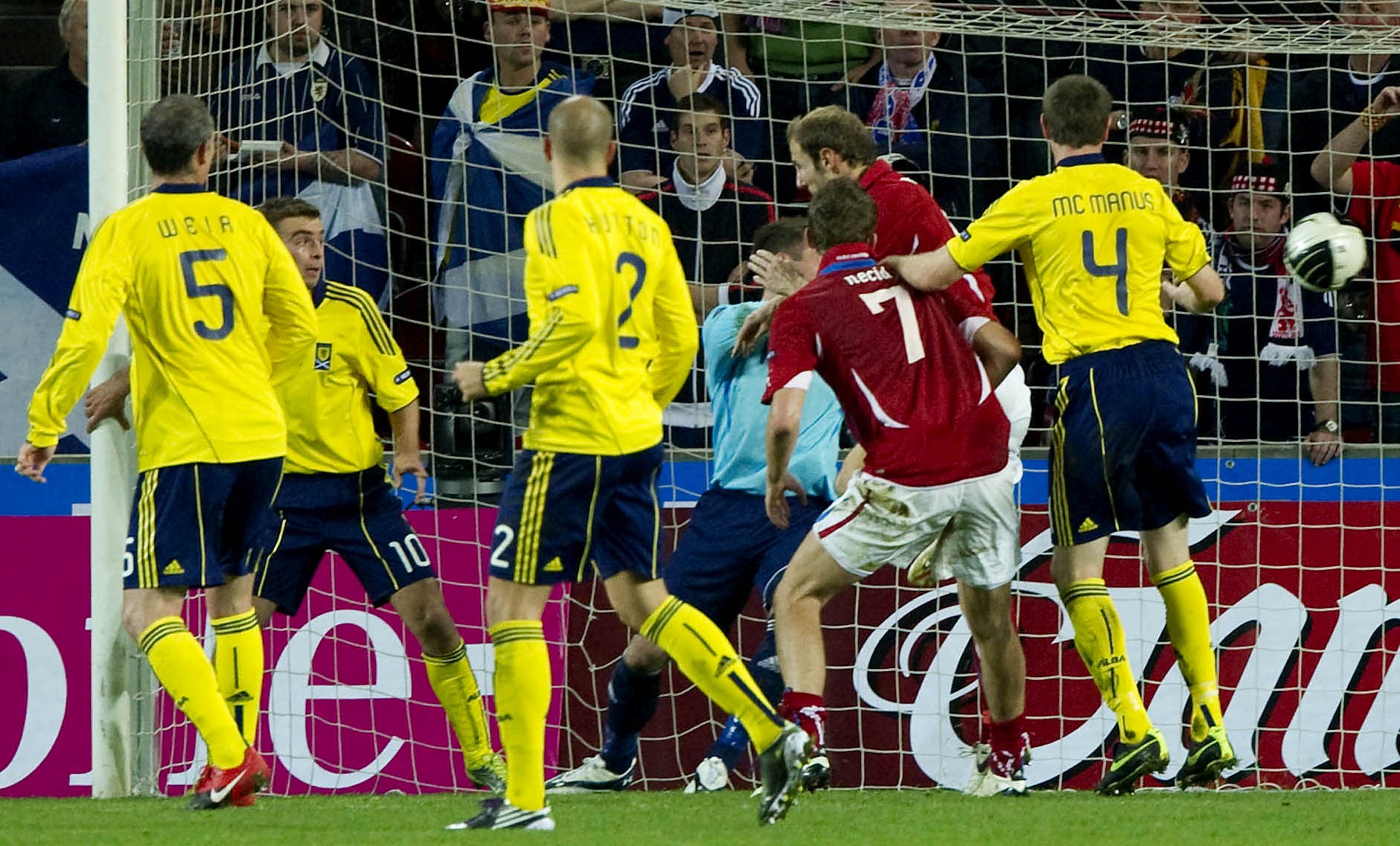The Tartan Army possesses a profound sense of history and a necessary appreciation of irony.
As they scoured the internet for as much detail as they could glean on the scratch squad replacing the quarantined Czech national side, it will not have gone unnoted that, with only two forwards in a 23-man selection, it looked like a party chosen with mere containment in mind.
If any missed the significance, there was a further clue in that the unprecedentedly inexperienced group boasted only one competitive international goal among it: scored by Roman Hubnik in October 2010, it happened to be the strike which turned Craig Levein’s putative tactical masterclass into a reputation-trashing, career-defining surrender.
At the time, Levein’s elective self-castration felt like the final insult in an elongated slump into the international wilderness. The frank and brutal admission that our highest aim was to smother into a sterile goalless draw a side which had failed to reach even the play-offs for that summer’s World Cup spoke of a nation accepting irrelevance, with neither the resources nor the inclination to do anything about it.
If that was the only occasion on which Scotland genuinely played without a striker, they have often figuratively done so since. The disproportionate ire lately aimed at Oli McBurnie for the infrequency and ineffectiveness of his presence has its roots in the desperation for somebody to score consistently; likewise the forlorn wait for the rekindling of Leigh Griffiths’s flame, a summer fling three years past accounting for his entire international goal output.
Lyndon Dykes would probably not have had this chance had either been fit, but, in their absence, he scored perhaps the best striker’s goal any Scotland forward has produced in years. There could be no more apposite place for a striker to show the difference he can make to the Scottish team than the Czech Republic.

